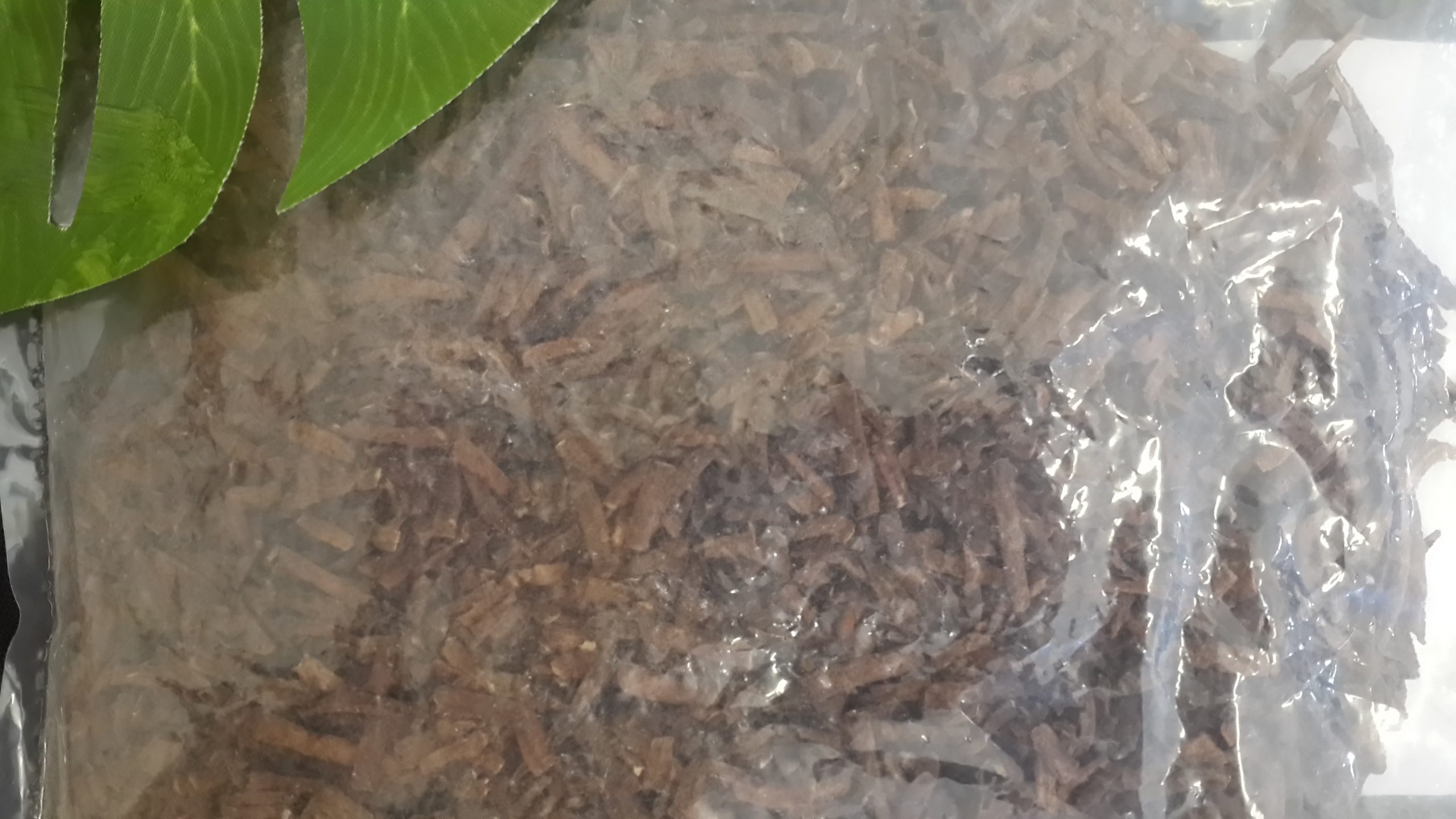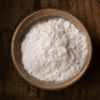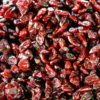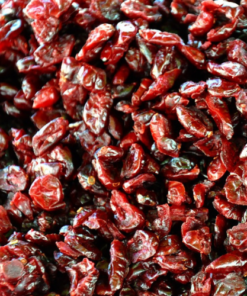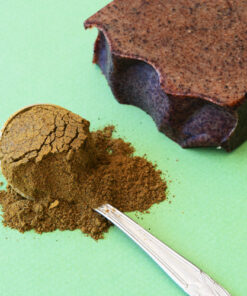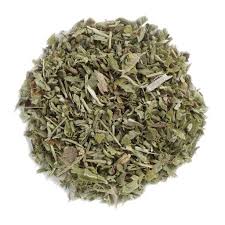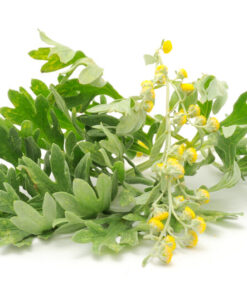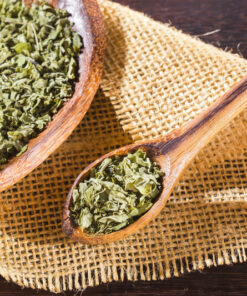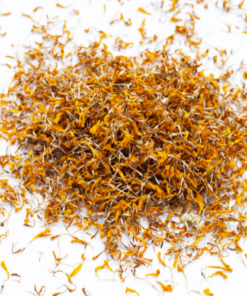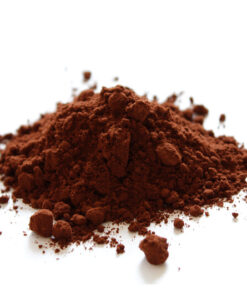Dried African Potato – 100g
R67,00
Dried African Potato – 100g – contains benefits for DIY skincare enthusiasts and formulators looking to create natural, effective beauty products.
Out of stock
Dried African Potato – 100g
A Powerful Herbal Ingredient for Skincare and Cosmetics
African wild potato (Hypoxis hemerocallidea) is a traditional South African plant that offers medicinal and cosmetic benefits. Packed with antioxidants, phytosterols, and anti-inflammatory compounds, this root enhances natural skincare and soap-making formulations.
Benefits for Skin & Hair
- Rich in Antioxidants – It protects the skin from free radicals and delays premature aging.
- Anti-Inflammatory – This ingredient soothes irritated skin, making it ideal for sensitive and acne-prone skin.
- Moisturizing & Nourishing – It supports deep hydration, helping to restore dry and damaged skin.
- Wound Healing – Many use it to promote the healing of minor cuts, burns, and skin irritations.
- Supports Even Skin Tone – It may help reduce hyperpigmentation and blemishes over time.
- Scalp & Hair Care – It strengthens hair follicles and supports scalp health.
Uses in Cosmetic & Soap Making Dried African Potato – 100g
- Cold Process & Melt-and-Pour Soap – This root enhances soap with its skin-loving benefits and herbal properties.
- Face Masks & Scrubs – It acts as a natural exfoliant and detoxifying agent.
- Body Butters & Lotions – Many formulators use it to add nourishing and soothing elements to hydrating formulas.
- Serums & Oils – It supports skin repair and hydration in facial oils and serums.
- Shampoos & Hair Treatments – It works well in hair care products to promote scalp health.
Why Choose Dried African Potato?
This powerful botanical benefits DIY skincare enthusiasts and formulators looking to create natural, effective beauty products. Its unique combination of nutrients and antioxidants makes it a standout ingredient for maintaining healthy, radiant skin and hair. By incorporating Dried African Potato Root into your formulations, you can experience the benefits of this time-honored herbal remedy.
| Weight | 0,100 kg |
|---|---|
| Dimensions | 15 × 3 × 15 cm |

